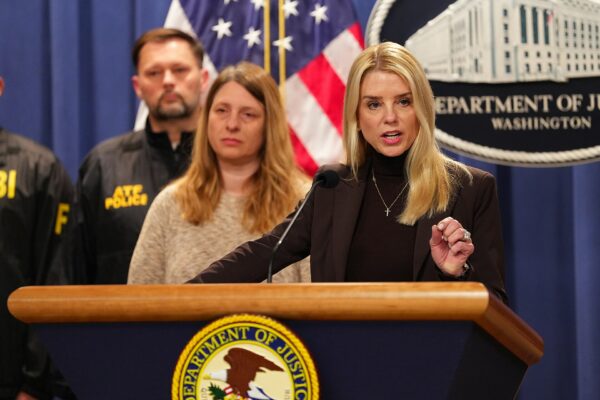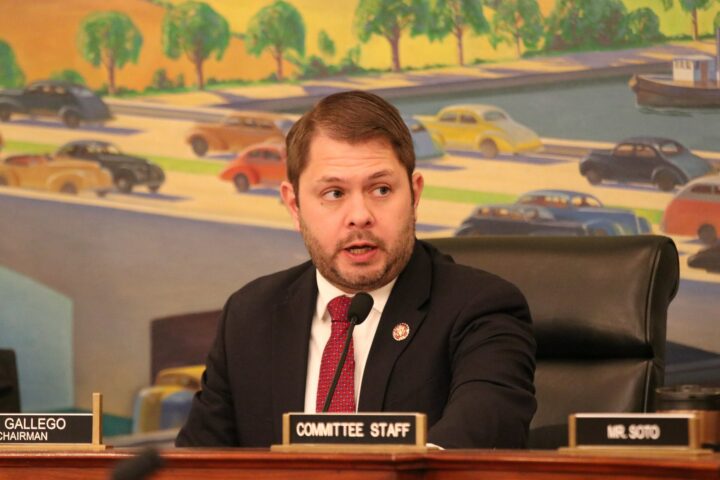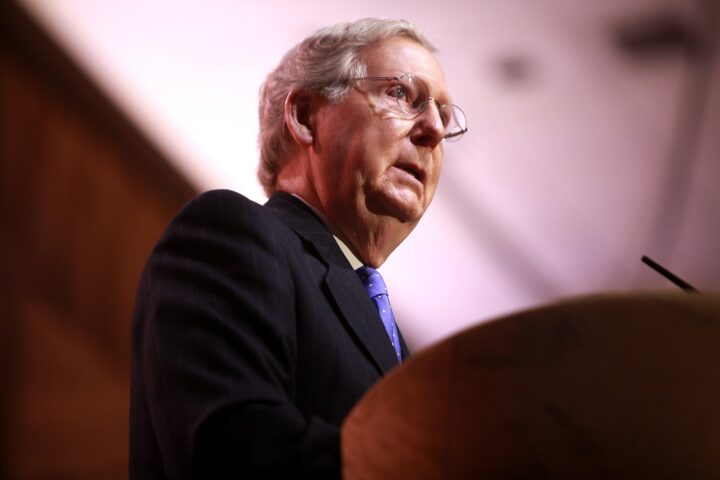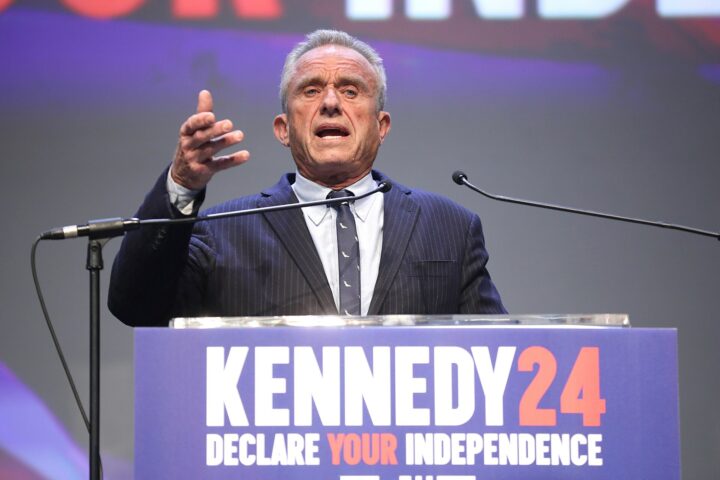A recently disclosed, classified Justice Department brief offers a detailed legal framework justifying U.S. military strikes on drug-smuggling vessels in the Caribbean and Pacific, highlighting fentanyl as a potential chemical weapons threat, according to a House member and another source familiar with the memo.
The document, crafted by the Office of Legal Counsel over the summer, explains the Trump administration’s ongoing rationale for targeting traffickers whose operations have directly endangered American communities.
“Much of it is geared toward making a financial argument about what the drugs are providing in terms of monetary resources to the groups designated by the administration,” said Sen. Andy Kim, a Democrat who has served in both Republican and Democratic administrations. The memo relies on President Trump’s designation of cartels as foreign terrorist organizations, which, according to lawmakers who have reviewed it, makes the groups legitimate military targets because they fund destabilizing actions against the U.S. and its allies.
The brief cites prior instances in which fentanyl was weaponized, such as Russia’s 2002 use of aerosolized fentanyl to end a hostage crisis in Moscow. Although a Justice Department spokesman emphasized that the memo “explicitly states it doesn’t rely on the counterproliferation argument,” the reference underscores the lethal threat U.S. officials see in the trafficking of synthetic opioids.
Defense Secretary Pete Hegseth, discussing the military campaign on social media, framed the strikes as essential to national security. “The military campaign removes narco-terrorists from our Hemisphere, and secures our Homeland from the drugs that are killing our people. The Western Hemisphere is America’s neighborhood—and we will protect it,” he wrote. Since September, Pentagon operations have conducted 20 known strikes against vessels reportedly carrying illegal drugs, resulting in at least 79 deaths.
The memo uses multiple legal arguments to justify these actions, invoking the president’s powers under Article II of the Constitution, the statute allowing military action for up to 60 days before congressional authorization is required, and the right to aid allied nations under the doctrine of collective self-defense.
Lawmakers familiar with the memo said it also frames the U.S. as engaged in a noninternational armed conflict with the cartels, providing legal cover for military personnel and shielding them from potential prosecution.
Some critics, primarily Democrats and law-of-war experts, have challenged these arguments, claiming that targeting civilians or criminal suspects who do not pose an imminent threat falls outside the scope of lawful military action. Geoffrey Corn, former military lawyer and current director of the Center for Military Law and Policy at Texas Tech University, said, “It isn’t the effect of the substance that makes it an armed attack.”
Still, several Republicans have acknowledged the president’s authority to act quickly to defend U.S. interests, while emphasizing that congressional approval is prudent for continued operations. Rep. Don Bacon of Nebraska, a House Armed Services Committee member, noted, “The president had the right to take initial actions, but should seek Congressional authorization for continued strikes.”
The Trump administration has also faced criticism from regional partners. Colombia and Mexico have questioned whether they were consulted about the maritime strikes, even though the memo justifies them as support for allied nations combating narco-terrorists.
Defense officials and lawmakers argue, however, that the operations are a necessary, lawful step to protect Americans from lethal narcotics and dismantle international trafficking networks.
[READ MORE: Vice President Vance Signals Post-Midterm Conversation on 2028, Stresses Focus on GOP Agenda]








